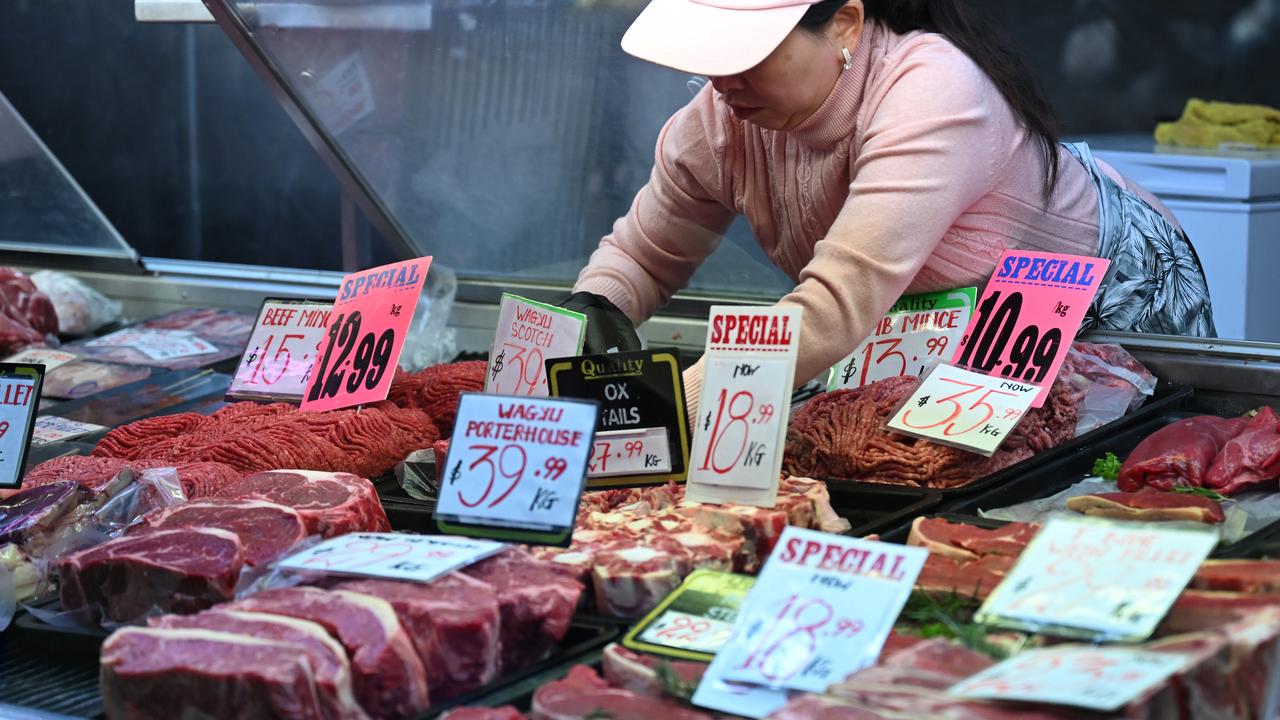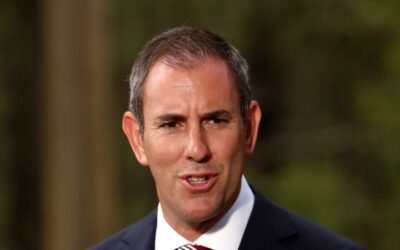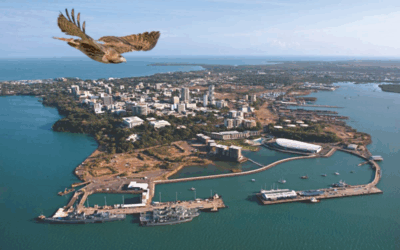Even if the federal government lowers barriers blocking imports of US beef, it would be no match for higher quality and cheaper to produce Australian cattle.
Australia is considering granting more American beef producers access to the local market as a potential bargaining chip to strike a deal on tariffs, as the two nations’ leaders prepare to potentially meet face-to-face for the first time.
For biosecurity reasons, Australia imposes a soft ban on US beef.
Cattle that can be proven to have been raised and slaughtered in the US are allowed into the Australian market, but large amounts of beef sent to American abattoirs come from Mexico or Canada, which are barred from importation.
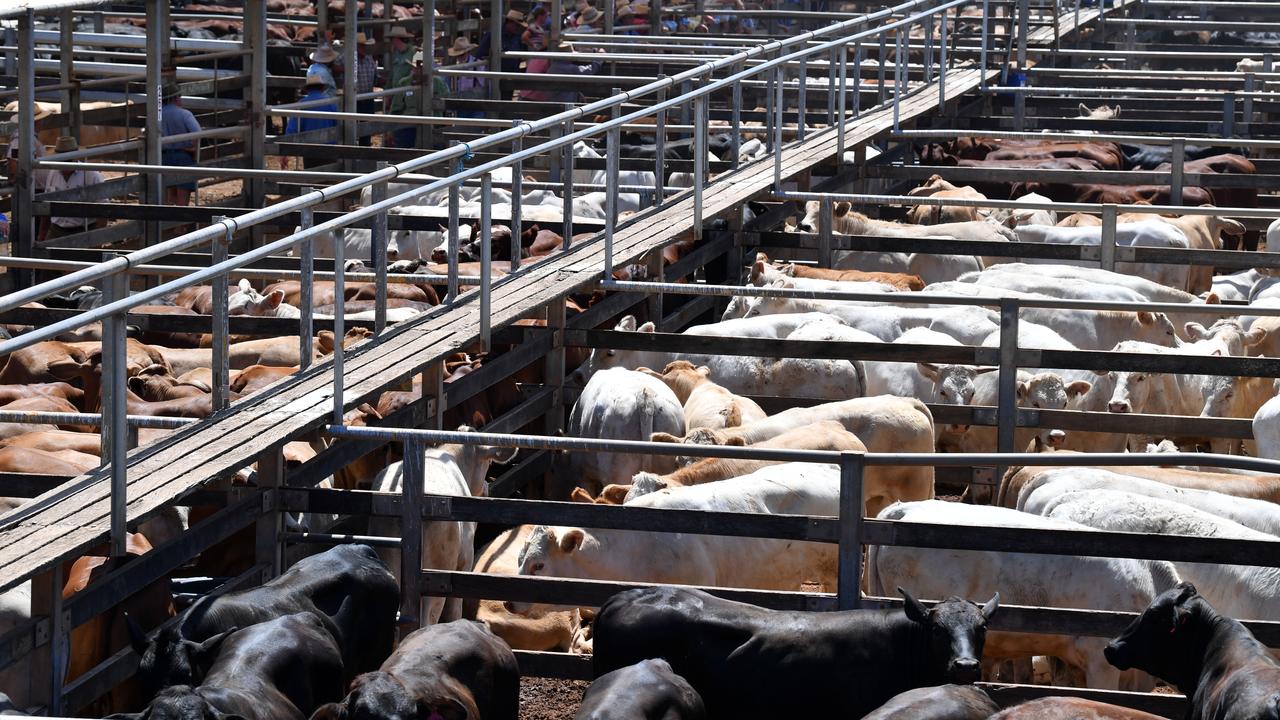
Challenges in tracing the origin of cattle means in practice beef imports are not allowed, until the US can show the same traceability systems Australia has in place.
Australian beef producers urged the government not to loosen biosecurity protections.
“Australia’s biosecurity status is integral to the success and sustainability of our agricultural industries,” National Farmers Federation president David Jochinke said.
Prime Minister Anthony Albanese assured farmers the government would make no compromises on biosecurity.
But as long as biosecurity was protected, Mr Albanese said he would be open to discussions about easing restrictions.
David Humphreys, vice chair of industry body Western Beef Association, was open to the idea as well.
As long as Australia’s biosecurity standards were protected, it would be a beneficial outcome for all Australian farmers if it could be used as leverage to lower US tariffs, he said.
Assuming US beef imports posed no disease risk, the impacts for Australian farmers from extra competition would be limited.
“Australia has very competitive and relatively cheap beef production in comparison,” Mr Humphreys told AAP.
“Any beef that’s coming in from the US is probably going to be targeting quite select segments of beef consumption, probably the cheaper cuts, produced beef products.
“So it’s not really competing with the premium Australian beef products that our beef farms produce.”
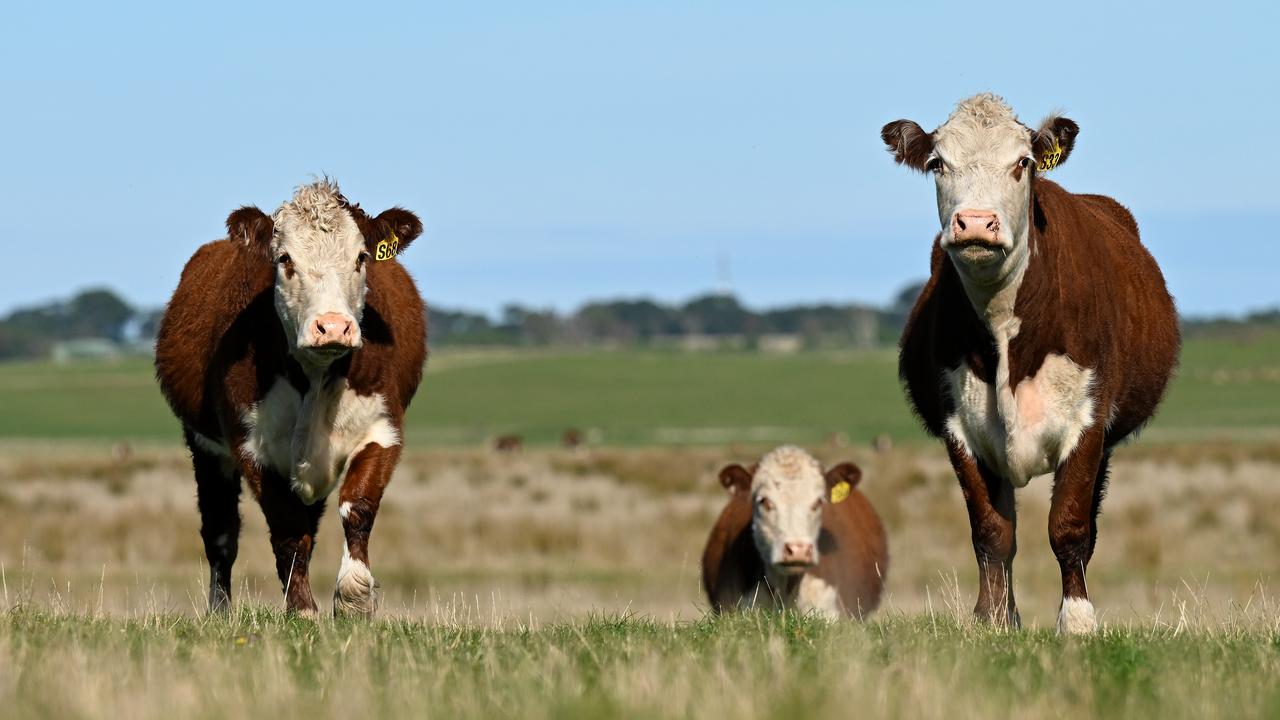
The low exchange rate of the Australian dollar as well as the high cost of transporting US beef also reduced the likelihood of it outcompeting homegrown products, he said.
Local consumers are accustomed to leaner, higher-quality Australian beef and unlikely to be won over by fatty, hormone-injected American competitors.
“I think there’s not a lot of risk to Australian producers of beef, with this possibility of some limited US beef being imported into Australia,” Mr Humphreys said.
Australia’s Department of Agriculture is reviewing its ban on Mexican and Canadian beef slaughtered in the US.
Agriculture Minister Julie Collins said any decision to allow greater access for US beef would be based on science and evidence.
Australian Associated Press is the beating heart of Australian news. AAP is Australia’s only independent national newswire and has been delivering accurate, reliable and fast news content to the media industry, government and corporate sector for 85 years. We keep Australia informed.
